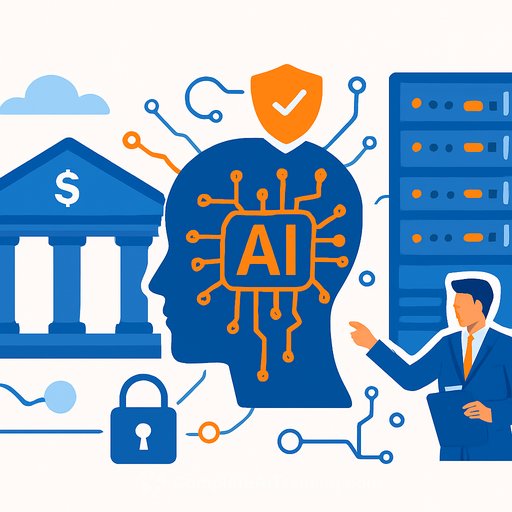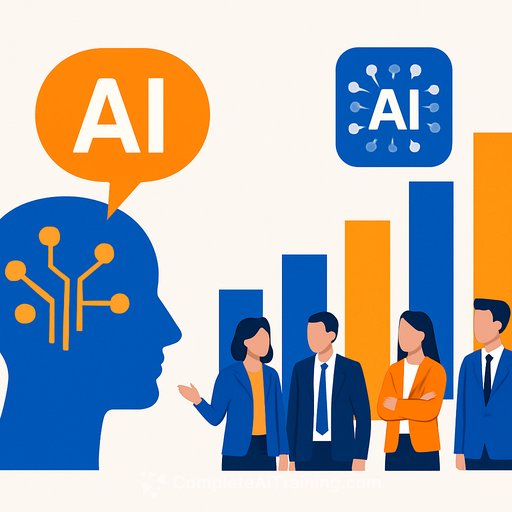AI in Financial Advice: A Double-Edged Sword
Gen Z and millennials increasingly rely on AI for financial advice, from budgeting to investment planning. The appeal lies in AI's affordability and easy access. However, AI’s strength in quick data crunching comes with a weakness: it lacks emotional intelligence and a deep understanding of individual financial goals. Human financial advisors bring that essential behavioral insight, especially crucial during market ups and downs.
The Rise of AI in Personal Finance
A 2024 Experian study shows that 67% of Gen Z and 62% of millennials in the US use AI for personal finance guidance. Tasks like saving and budgeting attract 60% of users, while 48% turn to AI for investment planning and credit score improvement. Tools like ChatGPT have quietly become part of many young investors’ financial toolkits.
The Indian Context
In India, a 2025 CFA Institute report reveals an interesting split: 91% of recent graduates still trust human advisers most, but 83% also show confidence in AI assistants such as ChatGPT. Deloitte Insights forecasts that by 2027, generative AI tools will become the primary source of financial advice for retail investors in India, with usage expected to reach 80% by 2028.
The Human Touch in Financial Planning
Generative AI excels at analyzing data and portfolios but falls short in emotional intelligence. Clients value advisers who invest time in explaining goals and portfolio reviews. This personalized attention builds trust and helps clients stay grounded during volatile markets.
Putting AI to the Test
Financial planner Shilpa Bhaskar Gole, founder of NerdyBird Financial Wellness, was compared against AI chatbots like Perplexity, ChatGPT, and Grok AI. The results showed clear differences: ChatGPT offered balanced advice, highlighting debt management and regular portfolio checkups. Meanwhile, Grok and Perplexity missed critical planning elements, underscoring AI’s limitations.
Chatbots Can Go Wrong
Take the case of Mitushi Bhatt, a private school teacher from Delhi with limited investing experience. She asked ChatGPT how to double her savings in five years. The AI suggested a risky asset allocation, resulting in significant losses. This example highlights how AI can misfire without proper context.
Expert Insights
Trader Jasmin Malhotra uses AI chatbots for support but stresses the importance of detailed prompts and personal data input. “No chatbot can replace the value of someone who understands my situation,” she says.
How the Industry is Using AI
AI is helping the finance industry improve efficiency. According to Sonali Kulkarni, Country Head of BFSI at Microsoft India and South Asia, generative AI streamlines research, uncovers insights, manages portfolios, and supports compliance and risk management. Advisors can cross-check their recommendations with AI, enhancing their service quality.
Should You Use AI for Financial Advice?
Experts agree that AI is best used as an assistant, not a replacement. Tools like ChatGPT can simplify expense tracking and cash flow analysis, but final decisions should be human-led. AI can process numbers quickly, but it cannot grasp your emotions, fears, or unique goals.
Conclusion
Smart investors treat AI as a helpful tool rather than a substitute for trusted financial guidance. Retail investors can lean on AI for research, comparisons, and routine analysis, but personalized advice should come from a human adviser.
For professionals interested in how AI tools can support finance roles, exploring specialized AI courses can add valuable skills. Check out AI tools for finance to understand practical applications.
Your membership also unlocks:









